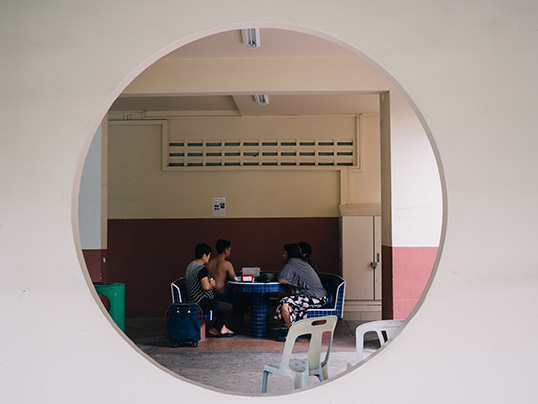Testimony of Circumstances by Rodrigo Lira, translated from the Spanish by Thomas Rothe and Rodrigo Olavarría, Cardboard House Press
Latin America gave the second half of the twentieth century some of its most destructive and incendiary poetry. In Bogotá, in the 1960s, the Nadaistas threw copies of Cervantes into a bonfire and shouted from rooftops of an imminent socio-poetic revolution, and anyone who knows the name Bolaño has likely heard how Mexico’s Infrarealistas heckled the hell out of Octavio Paz. This was the period of poesía rebelde, rebel poetry, in which agitation played a big role on the street and the page. One particularly volatile poet from this milieu was Rodrigo Lira, who stuck out even at a time when this sort of counter-cultural militancy wasn’t unheard of. Testimony of Circumstances, translated into English by Rodrigo Olavarría and Thomas Rothe, secures his position as a true outsider in a world full of pretenders.
Born in 1949 into an upper middle-class family, Rodrigo Lira received a good education and spent his first fifteen years in close proximity to Chile’s elite, but as a teenager he began to veer far from bourgeois respectability. He ingested substantial amounts of weed. He was diagnosed with schizophrenia and had electroshock therapy at his family’s insistence. He rallied behind Salvador Allende’s socialist government until Augusto Pinochet’s U.S.-backed coup turned Chile into a nationalist, ultra-capitalist nightmare. Anyone with left-wing sympathies risked persecution, and the new regime kidnapped and executed thousands of its own citizens on that very charge. Although Lira grew quiet on political matters, he was hardly mute.


